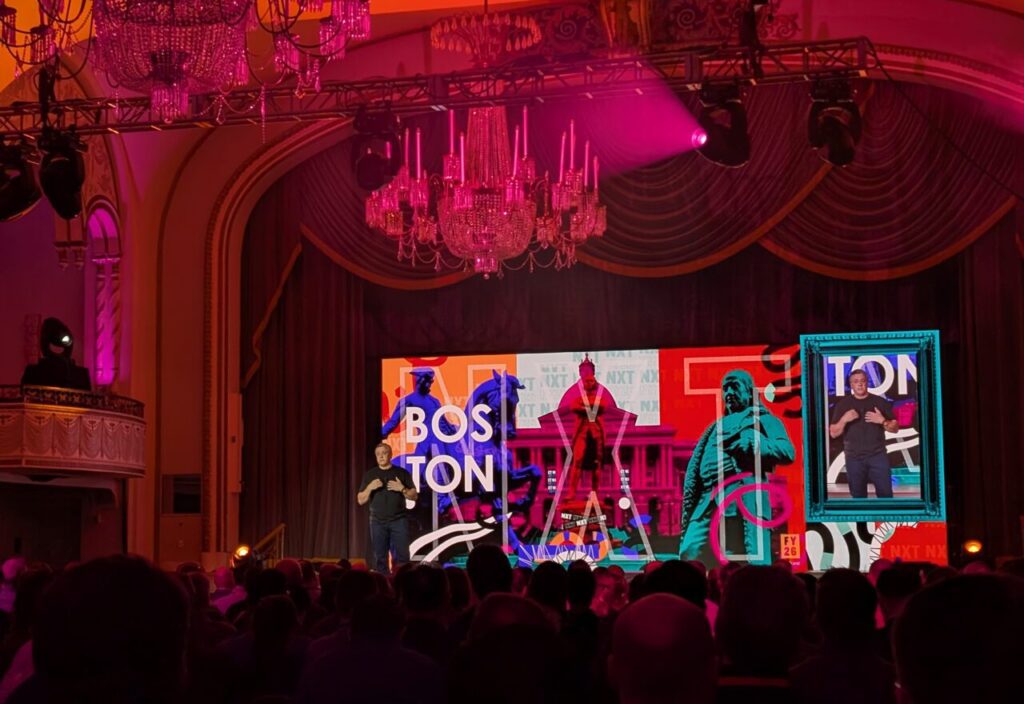“Law” and “laundry” may be only a few entries apart in the dictionary, but in real life the twain rarely ever meet. That’s one of the unique things about LaundrySpa, an online provider of high-class wash-and-fold services in New York City: Company founders Notoya Green and Fred Mwangaguhunga were both successful lawyers who heard the call of the rinse cycle.
“We’d both been busy with law careers and wound up sending our laundry out all the time, and as a result we had our share of laundry accidents,” says Green, now LaundrySpa’s marketing director. “My partner had had some sheets bleached by mistake and ruined. I had thrown a designer dress—my favorite—into my laundry bag, and they tossed it in the wash. I couldn’t complain because it was my fault, and you can forget being reimbursed for it.” The pair asked around and found that their friends usually handwashed delicate clothing, sending out only sheets and towels, because laundry service was so unpredictable. Using the corner laundry was too often not only dangerous to your wardrobe but a drain on your time.
“We realized that there wasn’t a sophisticated business in New York that did laundry and did it well, to the kind of standard you’d expect in this great town,” Green says. That was the “light bulb moment”—the perception of an unmet need.
After about a year’s worth of work on the business model, that need is unmet no longer. Last December, Green and Mwangaguhunga started up LaundrySpa, an online service to pick up, launder and deliver washable garments for sharp-dressed but time-pressed Manhattanites. Users visit the company’s Web site, set up an account, and are assigned to a specific customer care representative who will be responsible for reading every care label and checking every pocket, and whom they can phone or e-mail by name with last-minute instructions. They then select a pick-up time for their bundle, from 6 to 10 p.m. on weekdays or 10 a.m. to 2 p.m on Saturdays. Orders are delivered washed and folded within 48 hours, at which time customers are charged $2.25 per pound ($1 for each cloth diaper) with a minimum order of $25.
LaundrySpa doesn’t perform the actual machine-washing operation, which is outsourced to a local wholesale laundry service. (Hand-washing is done in-house.) Green and Mwangaguhunga began by investigating the providers in their market to find one that could perform to their high standards. “A lot of them threw different customers’ clothes together, which I find a bit disgusting,” Green says. “And never mind washing in cold or warm water according to the care tag: Many didn’t separate light and dark items.”
The pair finally found a local supplier who appreciated the higher level of care LaundrySpa wanted to offer its clients. Now a LaundrySpa employee is permanently stationed in-house at that wholesaler to make sure orders are executed as specified back at LaundrySpa’s sorting rooms, where care labels are read and taken to heart. The system combines efficiency at the washroom with quality control back at the main office. And the on-site employee gets a chance to train the wholesaler’s staff in LaundrySpa’s exacting methods, including using lingerie wash bags. (A tip from Green for the laundry-impaired: Buttoning shirts or zipping up pants and turning them inside-out before washing will reduce the number of buttons lost.)
And those methods are all about giving customers what they want, and then a little more. For example, LaundrySpa uses only anti-allergen detergents without dyes or phosphates; diapers and baby clothes are washed in Dreft, the detergent many parents prefer to use. Clothes that specify air-drying will get it right at the company’s main office. And customers can even request a little light lavender or citrus scent with their wardrobe.
Clients can sport a conscience as clean as their clothes: LaundrySpa pays its employees more than the minimum wage and makes healthcare coverage available to every one after 90 days.
The company runs its own vans and pick-up drivers, and for that reason offers its services primarily to the East Side of Manhattan, from 96th Street down to the East Village. (Every sane New Yorker would rather go naked than buck cross-town traffic.) But service is available in selected parts of the West side and will come soon to parts of Brooklyn, too.
For LaundrySpa, the name of the marketing game right now is branding, to make it clear to Manhattanites that they are getting value from a superior, more convenient service. “We want to change the industry and the way customers look at it,” Green says. “Right now it’s a commodity, and we wanted to show people we were very different. We want to do for laundry what Starbuck’s did with coffee.” The longest page on LaundrySpa’s highly designed but spare Web site is given over to FAQs about the company’s offerings and procedures.
One of the most distinctive branding touches is packaging. Customers get their clothes back in a reusable zippered canvas tote bag with LaundrySpa’s blue and green logo, shrink-wrapped, folded and meticulously organized with larger items flat on the bottom and socks, et cetera, on top. “We even color-coordinate it where possible,” Green says, “to make it easier to put away.” One user commented on the ApartmentTherapy.com Web site that her laundry looked so good when it came back that she almost didn’t want to unpack it.
At launch, the company sent a team out into the streets it served with small logo’ed boxes of candy, to overcome the innate New York tendency to stiff-arm anyone holding out a flyer. Web traffic spiked almost immediately after the handout program began. LaundrySpa has also placed some online advertising, mostly on blogs.
“We felt that the people we were looking to attract were early adopters, willing to try something new–very comfortable with the Web and somewhat cutting edge,” Green says. In choosing blogs, LaundrySpa shied away from blog networks that might draw a lot of readers from outside their Manhattan market area. (The same reason—geographical limits—has kept Green from doing the search engine marketing that benefits so many other online businesses.) Luckily, New York is full of urban-oriented blogs; some of the most prominent, such as Gawker.com, even command ad prices higher than LaundrySpa wanted to pay. Instead Green and company relied on a handful of Web sites with large New York audiences that they read themselves, such as SocialiteLife.com.
That kind of advertising was useful for getting the word out to the right demographic about LaundrySpa’s launch, but Green admits that jury is still out on whether blog ads can serve as an effective ongoing strategy. She sees more post-launch potential in public relations and has lately gotten LaundrySpa mentioned in the New York Daily News, the New York Post’s “Hot List”, and on the Urban Baby parent resource Web site. “New Yorkers are pretty cynical about advertising,” she says. “In our case, PR seems to work more effectively.”
That Urban Baby piece produced a record 1,000 Web hits on LaundrySpa.com the day it appeared. That kind of response was a kick, but Green says the biggest charge comes from the numbers of customers who have begun contacting LaundrySpa every two weeks, or sometimes even weekly, for new business without any incentive beyond the service the company offers. “Even though we just knew that the marketplace was ready for us, having people come back time and again is the best endorsement,” she says. “It feels really good to know that someone cares about what you do, and that you bring value to their lives.”
 Network
Network

